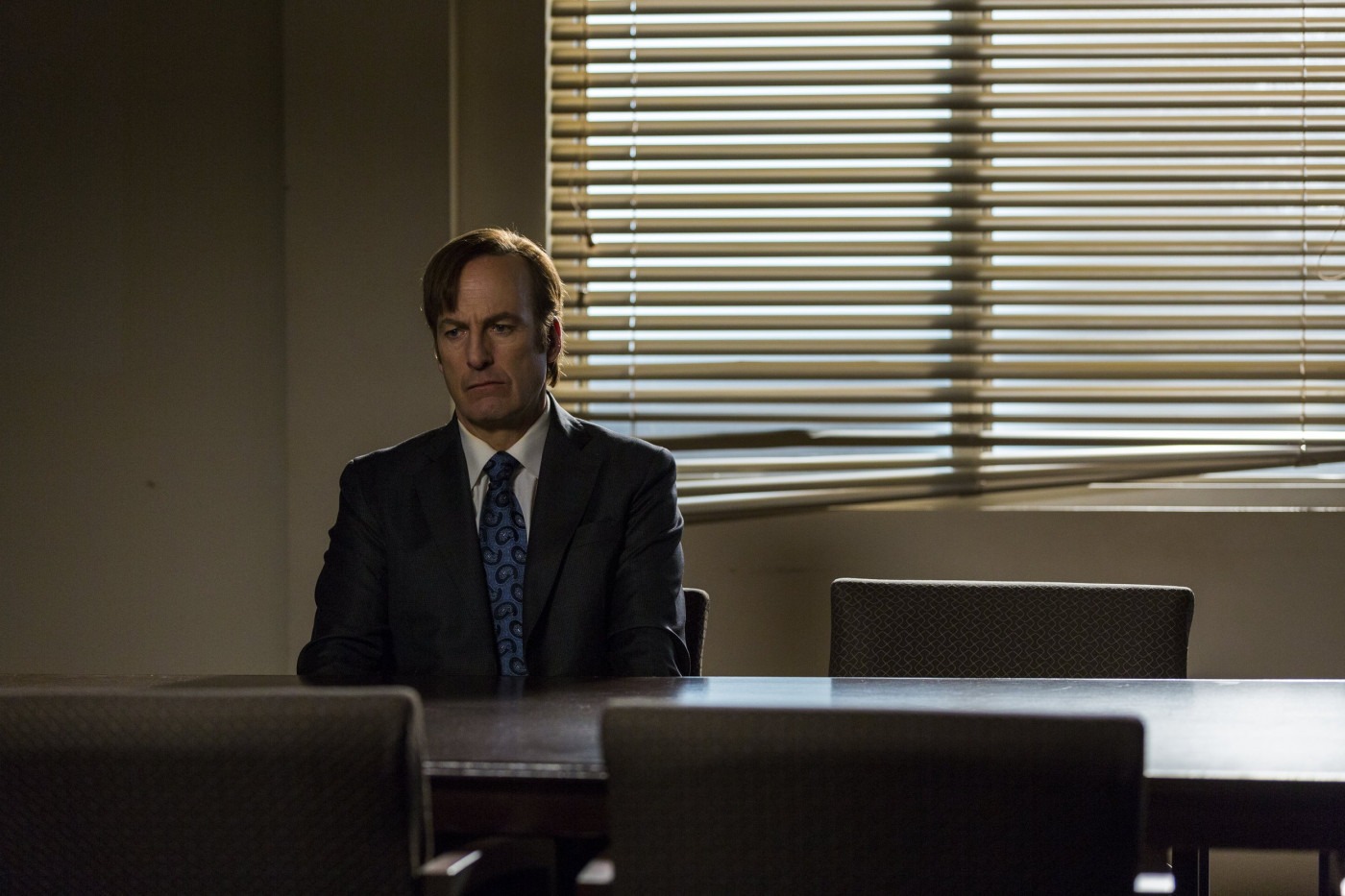Better Call Saul: a study in respecting your audience
It is not a hot take at this point to say that Breaking Bad and its prequel Better Call Saul are some of the best pieces of television media ever written, shot and produced. There has been an incredible amount of praise for these two shows, and they are absolutely deserving of it. In this article I would like to extend some of this praise for Better Call Saul in particular, exploring how treating your audience as intelligent, and media literate individuals helps expand the artistry of the show.
Facts about a character … are made evident to us if we pay just a little bit of attention
One of the things that always struck me about Better Call Saul was its incredible subtlety. Very rarely are we given exposition through a monologue by a character in conversation, a voiceover, or God forbid a fourth wall break. Vince Gilligan and Peter Gould’s writing is far too refined for that. Usually, facts about a character – their emotions, motivations and intentions – are made evident to us if we pay just a little bit of attention, like the dented paper bin in the first episode showing us this isn’t the first time Jimmy has taken out his frustration on it, or Kim’s face of absolute indifference when she is shown the progress made with Mesa Verde – a project that she could not care less about and would gladly substitute for meaningful pro bono work.
When I say Better Call Saul takes its viewers seriously, I mean to say they are treated with a certain level of respect. They are not spoon-fed exposition or character development like other shows. The writers respect their viewers enough to trust that the true meanings of their work and the subtext of the dialogue and cinematography will be properly understood and appreciated.
This trust in their audience also creates a feedback loop of creative expression
This trust in their audience also creates a feedback loop of creative expression, where Gilligan and Gould feel they can experiment with storytelling techniques seeing as they believe their audience is sharp enough to catch it. Although this was a feature in Breaking Bad, the practice of obscure and even surreal episode openings and sequences is present to an even greater extent in Better Call Saul. It is not strange to encounter a close-up montage of seemingly miscellaneous objects, or a completely random conversation between unknown characters before the combined significance of these shots is revealed.
Another way that the writers of Better Call Saul keep their audience on their toes is with the deeply layered and complex characterisation of their main cast. The relationships between the characters in Better Call Saul are understood but not explicitly said. The juxtaposition between Jimmy’s brashness and impatience as opposed to Chuck’s more calculated approach to problems is made evident in the methods both use peeling tape off the wall in different occasions. Where lesser writers wouldn’t even pay attention to this, or dwell on it for a second at most, Gilligan and Gould use this seemingly inconsequential act to highlight fundamental character traits in both brothers, character traits which become obvious to less observant viewers in later seasons when both clash.
Although it sometimes gets overshadowed … this should not dissuade people from appreciating its brilliance
This makes the show an incredible experience to rewatch. Although on the first watch we might catch some of the writers’ expertly crafted subtleties, we are mostly concerned with the big moments that leave your head spinning for weeks. However, when we watch the show again with fresh eyes, we catch the intricate foreshadowing of these events sometimes seasons in advance – a lingering look, a seemingly peculiar action taken by a character, or a focus on a mundane object that would have significance in the future.
For anyone genuinely interested in artistic storytelling and dense, subtle characterisation I strongly urge you to watch Better Call Saul. Although it sometimes gets overshadowed by its more successful and older counterpart, this should not dissuade people from appreciating its brilliance. I promise, once you’ve finished it, you will have no issue calling it the best show you’ve ever watched, as did I.

Comments (3)
best show i have ever seen in my life.. and my top 10 list has some heavy weights. yes, breaking bad is top 5.. but Better Call Saul was that and more. Complete injustice that Bob and Rhea were not holding as many emmys as their BB counterparts did at the end of their run.
First article about BCS I’ve actually enjoyed reading. Well written.
I completely agree 👍 better call Saul’s writing and acting is so good you can read the thoughts and emotions on the actors faces Gilligan and Gould outdid themselves